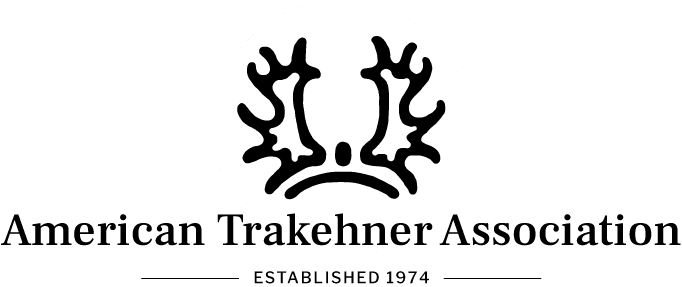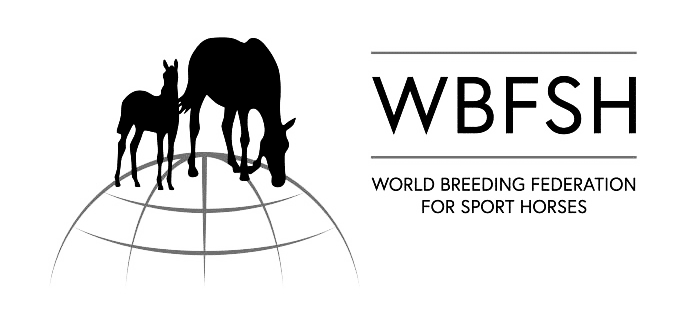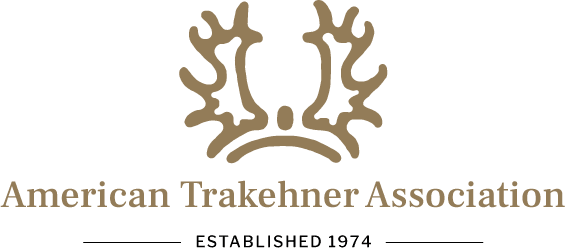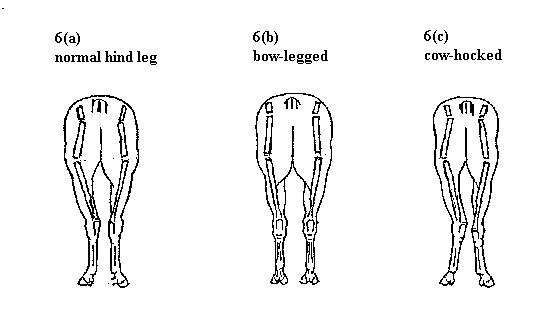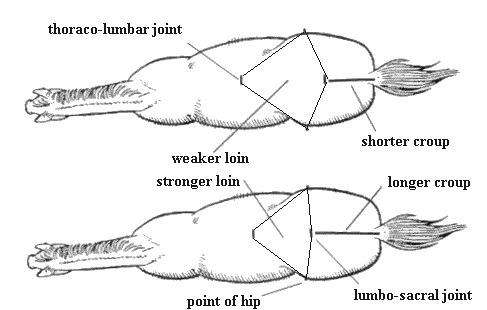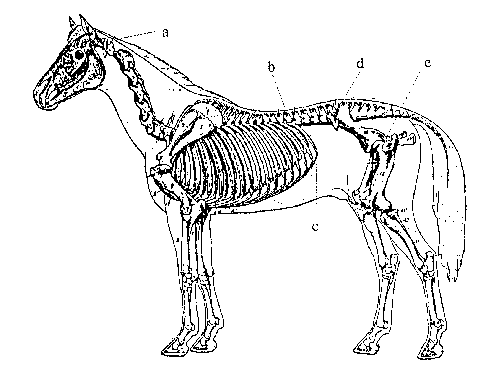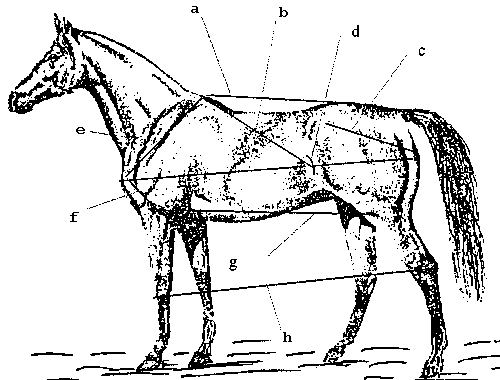Our Social Networks
Contact Information
-
American Trakehner Association
PO Box 1259,
Southern Pines, NC 28388 - Phone: (386) 776-1269
- Email: ata@americantrakehner.com
- Hours: Available Monday-Friday from 9-3pm EST
The contents and photographs of this website are copyright-protected. Do not copy the photos or images for any reason or use them without written permission. They are the property of the photographers and the people who have paid for the right to use them. The American Trakehner Association website is an official publication of The American Trakehner Association, Inc. Reproduction of any material without written permission is prohibited.
For corrections or changes to the content of this website, please contact webmaster@americantrakehner.com
The use of this site is governed by a Terms of Use Agreement. By using this site you acknowledge that you have read the Terms of Use Agreement and accept its terms and conditions.
© 1998 - 2026 – All rights reserved. American Trakehner Association.
